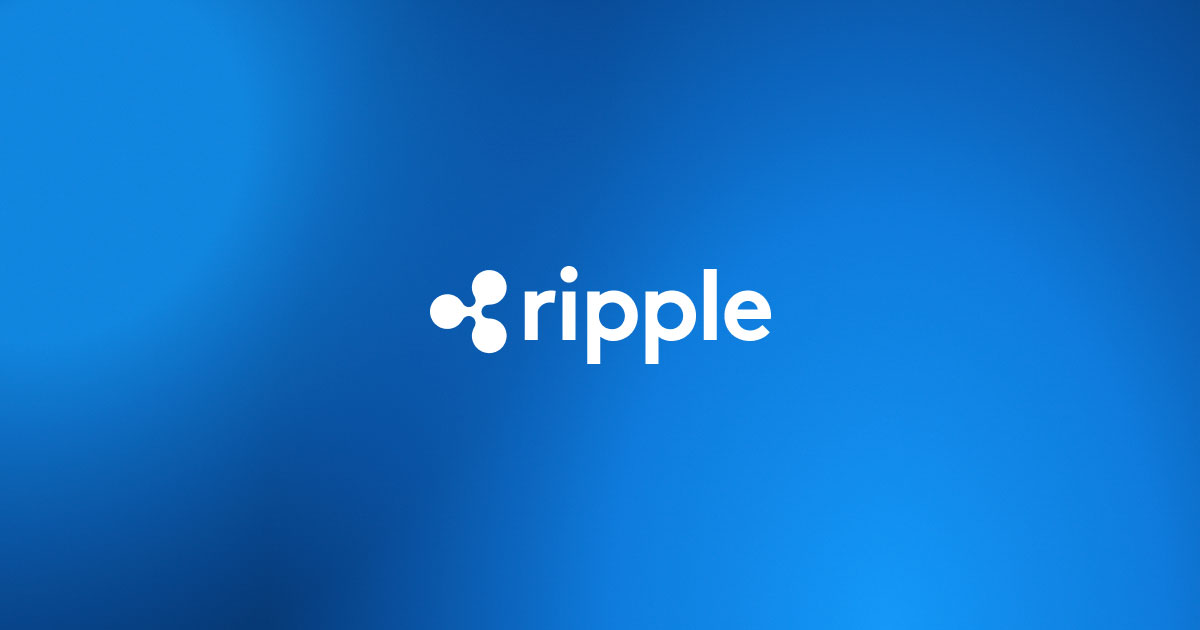Fintech Giant Ripple Exits Key Crypto Investments
16.07.2024 8:30 1 min. read Alexander Stefanov
Ripple, a significant player in crypto payments, has sold its stakes in Bitstamp and Tranglo. This move has been noted on Crunchbase, marking Ripple's departure from these major investments.
Ripple’s decision to withdraw from Bitstamp comes amid speculation that Robinhood’s recent $200 million purchase of the exchange influenced the decision.
Ripple had acquired Bitstamp from Pantera Capital last year to expand its international footprint beyond traditional payments.
The exit from Tranglo has also surprised many. Ripple still lists Tranglo as a partner and holds a 40% stake in the cross-border payment platform, which uses XRP for liquidity. This has led to confusion, with experts like Crypto Eri seeking further confirmation.
Despite these significant changes, XRP’s market reaction was subdued. The cryptocurrency saw a 2% price increase, trading around $0.532.
However, trading volume fell by 45% following a profit-taking spree after a recent rally. Total XRP futures open interest rose slightly, suggesting a cautious but optimistic outlook among investors.
Ripple’s strategic divestments indicate a potential realignment of its business priorities, reflecting broader market dynamics and investor sentiment.
-
1
Circle Targets Africa’s $5B Payment Problem with Stablecoin Push
01.05.2025 14:00 1 min. read -
2
Tether Steps Into AI With Open-Source Platform That Supports Crypto Payments
06.05.2025 12:00 2 min. read -
3
Neobank Launches In-App Crypto Trading Across Europe
01.05.2025 10:00 1 min. read -
4
ECB Launches Real-World Testing for Digital Euro With 70 Companies
06.05.2025 11:00 2 min. read -
5
XRP Set to Power Real-Time Payments in U.S. Healthcare
10.05.2025 18:00 2 min. read
South Korea Gets a New Crypto Payment Option with Instant Refunds
South Korea just became the newest stop in RedotPay’s global crypto payment rollout.
XRP Set to Power Real-Time Payments in U.S. Healthcare
Healthcare logistics firm Wellgistics is taking a major step into crypto by integrating XRP as both a treasury reserve and a foundation for real-time payments.
Bhutan Rolls Out Crypto Payments for Tourists Using Binance Pay
Bhutan is taking a bold step in merging tourism and digital finance by enabling crypto payments for visitors across the country.
Tether Steps Into AI With Open-Source Platform That Supports Crypto Payments
Tether, best known for powering the USDT stablecoin, is stepping beyond finance and into artificial intelligence.
-
1
Circle Targets Africa’s $5B Payment Problem with Stablecoin Push
01.05.2025 14:00 1 min. read -
2
Tether Steps Into AI With Open-Source Platform That Supports Crypto Payments
06.05.2025 12:00 2 min. read -
3
Neobank Launches In-App Crypto Trading Across Europe
01.05.2025 10:00 1 min. read -
4
ECB Launches Real-World Testing for Digital Euro With 70 Companies
06.05.2025 11:00 2 min. read -
5
XRP Set to Power Real-Time Payments in U.S. Healthcare
10.05.2025 18:00 2 min. read

